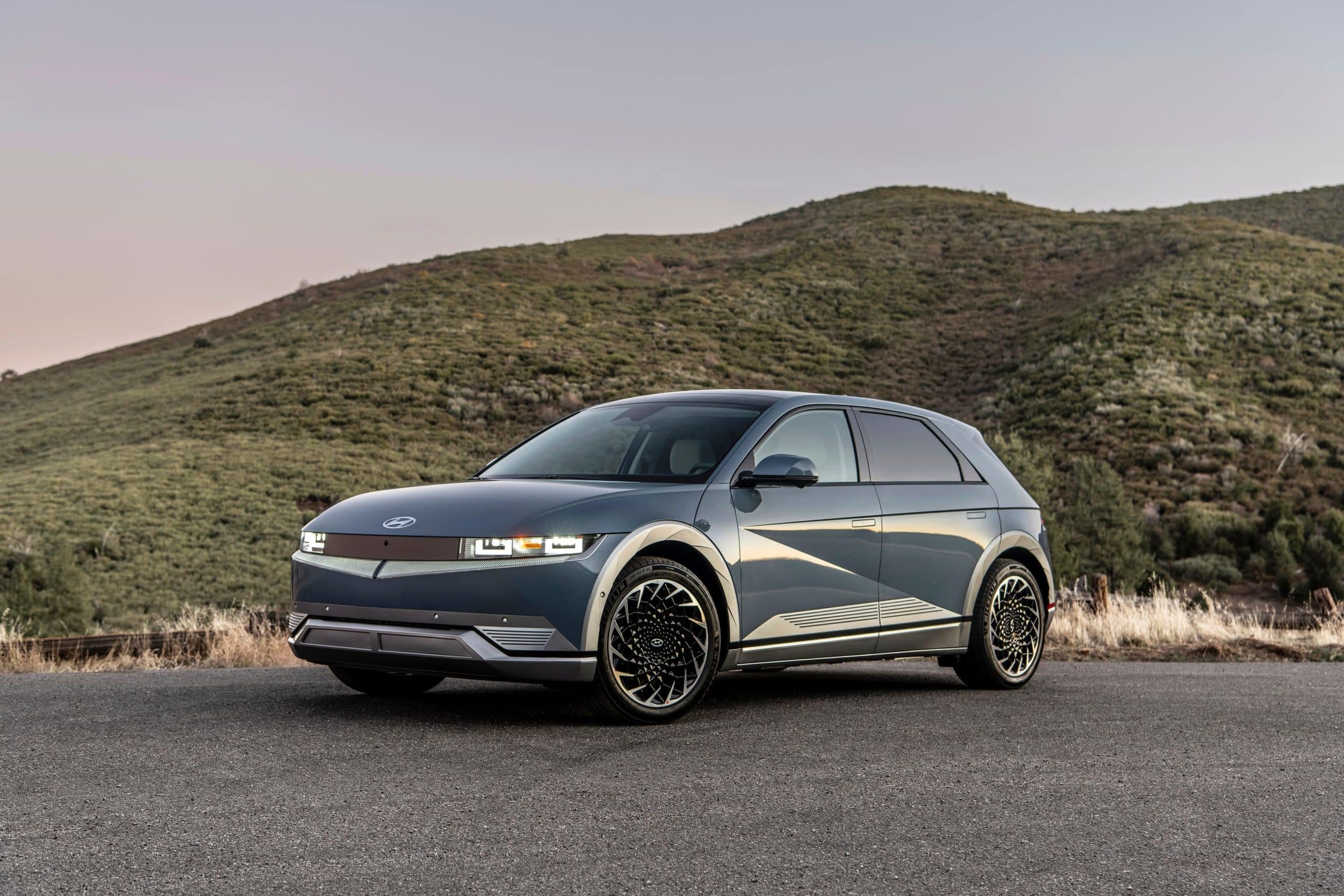In 2018, My wife and I switched to buying two electric vehicles. Unfortunately, our two electric cars ended up being the most expensive vehicle purchases we ever made. The cost of purchasing an electric vehicle and a lack of knowing what benefits and drawbacks owning an EV would bring made the difficult decision. I had to look at many automotive websites and EV forums to alleviate our concerns. Having owned two electric vehicles for four years, I can say it was one of the best decisions we made. The benefits to automotive consumers are akin to back in the day when Apple came out with the iPhone and changed the mobile phone industry. For anyone considering an electric vehicle, I want to show some misconceptions I experienced and share the reality I experienced.
Misconception #1: Electric Vehicles Cost More
Electric Vehicles, on average, cost more to buy than their gas counterparts. However, throughout ownership, electric vehicles save their owners in terms of reduced maintenance and electricity costs. My wife had a Toyota Highlander and was spending around $400 per month on gas costs. When she switched to an electric SUV, her electricity costs went down to about $150 to $200 per month. Also, driving a vehicle that relies on electricity versus gas protects you from volatile gas prices.
Misconception #2: More expensive and frequent maintenance
The other factor to consider is maintenance costs. Electric vehicles have fewer moving parts than gasoline vehicles and, consequently, have less wear and tear. Gone are oil changes, regular brake replacements, and most mechanical-based services. On average electric cars cost about half as much to maintain as gas vehicles. Speaking with dealership service managers, I learned that electric cars require less maintenance. In addition, when an electric vehicle needs care, the costs of repairs typically are less than their gas vehicle counterparts. Lastly, one of the unexpected benefits own owning our electric cars is that all the time, we get back in the form of fewer trips to the dealership to get our vehicle services.
Misconception #3: Electric Vehicle Range Anxiety
Before owning an electric car, I had read many articles about electric vehicle range anxiety. As a result, one of our shopping criteria for buying an electric vehicle, as a result, was to find the largest EV battery we could afford. Most electric vehicles today can travel over 200 miles on a single charge. The average daily commute typically could be anywhere from 40 to 100 miles per day. What I learned is that for the daily commute, range anxiety is non-existent. Every evening I came home, charged my electric vehicle and started the next day with a total battery capacity. Range anxiety may become an issue on long commutes that exceed your vehicle’s battery range.
Misconception #4: Taking Road Trips would be challenging to own and impractical
One of the misperceptions we had was that it would be painful and challenging to take long road trips using an electric vehicle. Since owning our electric car, we have handled countless road trips across Arizona, Nevada, California, and Utah. Our upcoming trip to Yellowstone will take us from California to Montana. We learned that with some planning, road trips with electric vehicles are enjoyable and provide an excellent way to travel and see the country. Your electric vehicle’s trip planner does a lot of the heavy lifting in figuring out what route to take, what EV charging stations to use, and how long. If you stop to charge your electric vehicle, you can typically expect to spend 30 minutes to an hour setting up your car.
Luckily most charging stations are located near restrooms, food, and other amenities. On our family road trips, the EV charging stops coincide with meals, restroom stops, and stretching our legs; time flies. Finding accommodations with EV charging allows is helpful if your trip requires an overnight stay.
Misconception #5: Lots of Downtime Waiting for My EV to Charge
The last misconception I want to cover is that owning an electric vehicle equates to the time spent waiting for your electric vehicle to charge. Outside of long commutes or road trips, there is not much downtime waiting for your electric cars. Let me explain. The miles driven for your typical daily commutes will be far less than your total battery capacity. When you return home, you will use a home charger to replenish your battery. A level 2 home charger should be able to recharge your battery overnight when electricity rates are the cheapest. In the morning, you would start the day with a full battery and not experience any downtime.
If you forgot to charge your vehicle and do not have a full battery, there are many opportunities to charge your car throughout the day. Workplaces are starting to offer EV charging, as do malls and other places of business. Charging while at the office or grabbing a bite to eat at the mall allows you to recharge your battery. Daily commutes with electric vehicles are almost a seamless experience with no downtime waiting for the car to charge. Only on long road trips or visits to large national parks may you experience some wait, but even then, with the opportunities to eat a meal, take a restroom break or visit some other nearby attractions, time flies.
Once you own an electric vehicle, returning to a gas-powered car is hard. Electric vehicles save you time and money over ownership and help reduce carbon emissions. To learn more about electric cars and find the suitable model that fits your lifestyle, visit Electric Driver.
